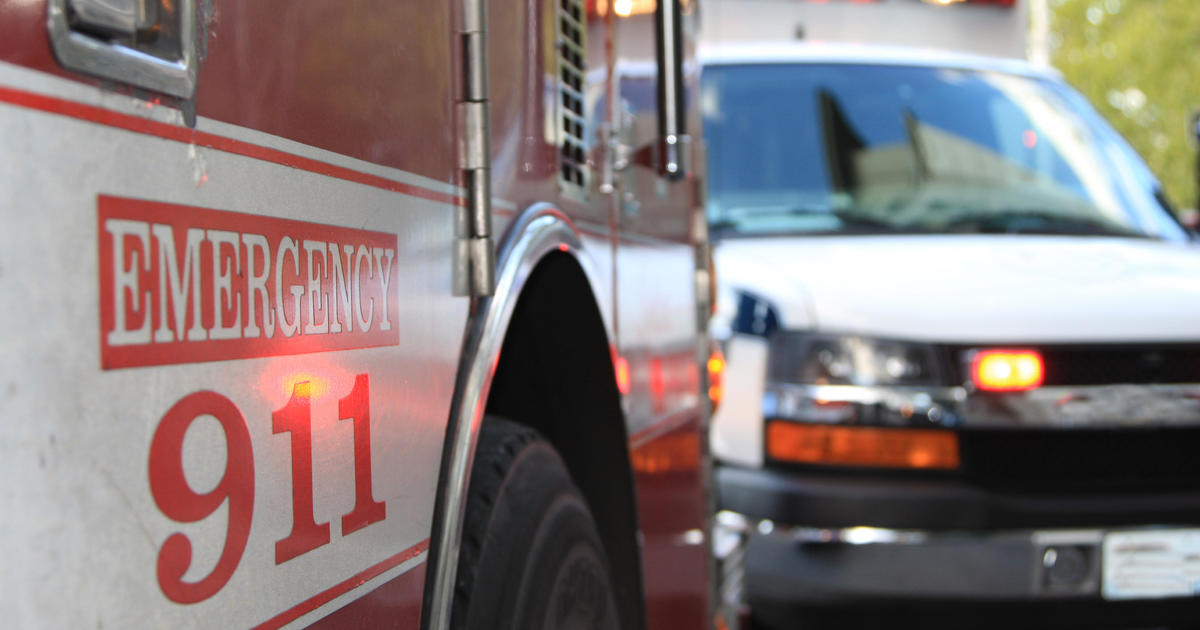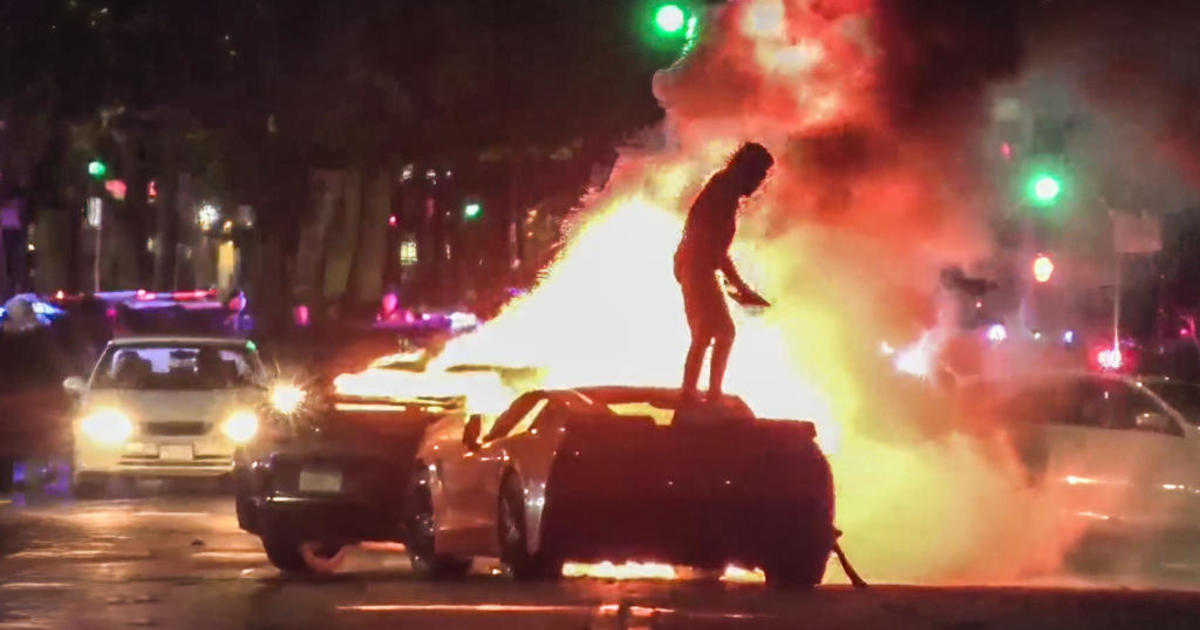Samsung Galaxy Note 7 Smartphones Banned From Airliners
WASHINGTON (AP) — Passengers and flight crews will be banned from bringing Samsung Galaxy Note 7 smartphones on airline flights under an emergency order issued Friday by the Department of Transportation in response to reports of the phones catching fire.
The order, which goes into effect on Saturday at noon EDT, says the phones may not be carried on board or packed in checked bags on flights to and from the United States or within the country. The phones also can't be shipped as air cargo.
Passengers caught attempting to travel with the phones will have the phones confiscated and may face fines, the department said.
Samsung has recalled more than 2.5 million of the smartphones, citing a battery manufacturing error. The South Korean company discontinued the product earlier this week, less than two months after its August release.
In other news Friday, Samsung Electronics said that the discontinuation of the Galaxy Note 7 would cost the company about $3 billion during the current and next quarters, bringing the total cost of the recall to at least $5.3 billion.
The Note 7 discontinuation will cost in the mid-2 trillion won range during the October-December period and another 1 trillion won ($884 million) during the January-March quarter, the company said in a statement.
Samsung already slashed its third-quarter profit forecast by $2.6 billion earlier this week, an amount that could wipe out its entire mobile business profit. That did not include the cost of Samsung's first recall, which analysts estimated at 1 trillion won to 2 trillion won.
Samsung has enough cash and other businesses to absorb the shock from the phone recall. It said it expected to generate 5.2 trillion won ($4.6 billion) in operating income during the third quarter after the recall cost. Analysts said most of the income will be generated by sales of advanced displays and semiconductors.
Samsung added that it will make significant changes in its quality assurance processes to enhance product safety for consumers. It did not elaborate.
The company said it will expand sales of two other smartphones released in spring, the Galaxy S7 and Galaxy S7 Edge, quashing rumors that it may try to release updated versions of those devices. Samsung usually releases a new iteration of the Galaxy S series in spring, so the company may have to provide a strong incentive to sell the 6-month-old phones, such as lowering their prices.
The Consumer Product Safety Commission says there have been nearly 100 reports of batteries in Note 7 phones overheating in the U.S. One fire erupted on a Southwest Airlines flight earlier this month. In another case, a family in St. Petersburg, Florida, reported a Galaxy Note 7 phone left charging in their Jeep caught fire, destroying the vehicle.
The Federal Aviation Administration had previously warned passengers not to pack the phones in their checked bags and to power them off and not charge them while on board planes.
"We recognize that banning these phones from airlines will inconvenience some passengers, but the safety of all those aboard an aircraft must take priority," said Transportation Secretary Anthony Foxx. "We are taking this additional step because even one fire incident inflight poses a high risk of severe personal injury and puts many lives at risk."
Samsung said in a statement that it is working with the department to make customers aware of the ban. The company also urged Note 7 customers to get a refund or exchange their phones by visiting their phone service provider or retail store.
The Note 7 isn't the only gadget to catch fire thanks to lithium-battery problems, which have afflicted everything from laptops to Tesla cars to Boeing's 787 jetliner. At least three U.S. airlines are adding new fire-suppression equipment to fleets in case a cellphone or laptop battery overheats, catches on fire and can't be extinguished.
Rechargeable lithium batteries are more susceptible to overheating than other types of batteries if they are exposed to high temperatures, are damaged or have manufacturing flaws. Once overheating starts, it can lead to "thermal runaway" in which temperatures continue escalating to very high levels. Water can extinguish the flames, but doesn't always halt the thermal runaway. Flames will often reappear after initially being quenched.
Lithium batteries are ubiquitous in consumer electronic devices. Manufacturers like them because they weigh less and pack considerably more energy into the same space than other types of batteries.
Earlier this year, the International Civil Aviation Organization, a U.N. agency that sets global aviation safety standards, banned bulk shipments of rechargeable lithium-ion batteries as cargo on passenger planes until better packaging can be developed to prevent a fire from spreading and potentially destroying the plane.
TM and © Copyright 2016 CBS Radio Inc. and its relevant subsidiaries. CBS RADIO and EYE Logo TM and Copyright 2016 CBS Broadcasting Inc. Used under license. All Rights Reserved. This material may not be published, broadcast, rewritten, or redistributed. The Associated Press contributed to this report.



